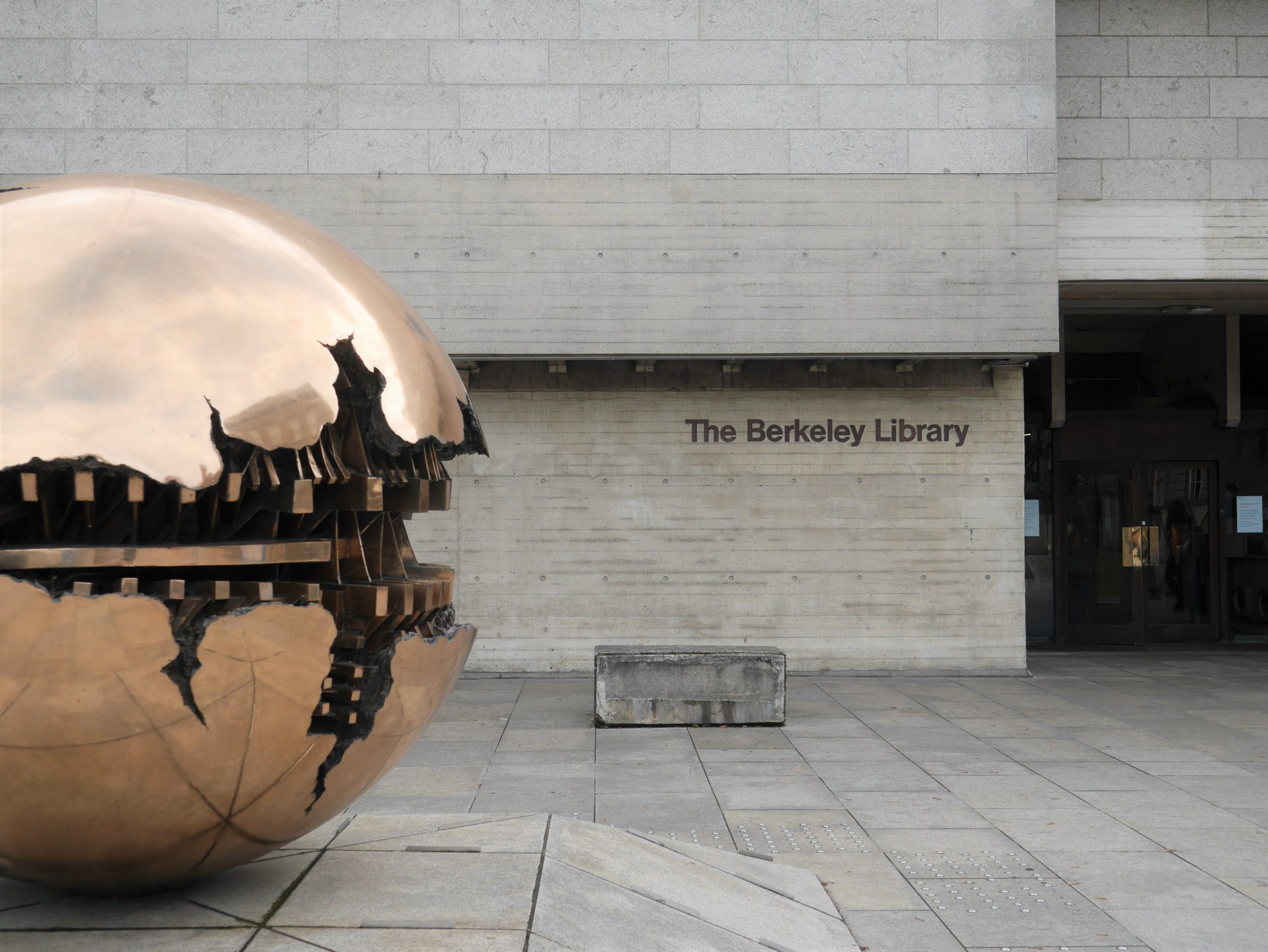Last week, College announced that it was lifting the mask mandate, in line with government’s own decision to remove requirements for face coverings in public settings.
From Monday 28 February, face coverings are longer compulsory within Trinity, except in healthcare settings.
Government’s removal of legal requirements for masks, in all settings where they are currently regulated, also came into effect last Monday. Face coverings will no longer be required in retail and hospitality settings, schools, and other public indoor areas. Masks are advised on public transport, but not required. Face coverings remain a requirement in healthcare settings.
Trinity has similarly communicated its decision to make the wearing of face coverings a matter of individual discretion. Last week’s announcement noted: “to continue protecting each other, especially the medically vulnerable, we still recommend mask wearing in our lecture theatres, libraries, tutorials and labs.”
Speaking to Trinity News, representative for the Trinity Ability Co_op Rachel Murphy expressed her disappointment regarding College’s decision to remove the mask mandate.
The Trinity Ability Co_op is a co-operative movement by students with disabilities in College who work towards making Trinity an inclusive environment for students with disabilities.
Murphy said: “I am definitely not alone in feeling anxious about the removal of the mask mandate in Trinity and the rest of the country. A lot of immunocompromised and vulnerable students, like myself, are still finding it difficult to adjust to full capacity activities in College.”
“I find that it can be almost impossible to focus on College work when sitting in a crowded room, wondering if anyone here has Covid and how likely I would be to catch it from them.”
“I hope that students listen to College’s encouragement to continue wearing masks in lectures, tutorials and so on,” Murphy added. “If not, I fear that college will become an intimidating and scary environment for disabled students.”
Medical experts have stressed that community mask wearing is an effective means to reduce the transmission of Covid-19. In an article published this month on the effectiveness of mask wearing, John T Brooks, MD, and Jay C Butler, MD highlighted studies showing the risk of infection is lowest when universal mask wearing is in place. Masks prevent infected persons from spreading the virus to others by inhibiting the exhalation of respiratory droplets carrying Covid-19, as well as helping to protect wearers from inhaling large infectious droplets. The efficacy of masks to protect wearers is less than the effectiveness of masks when worn by infected persons.
Brooks and Butler concluded: “The overall community benefit of wearing masks derives from their combined ability to limit both exhalation and inhalation of infectious virus.”
“Similar to the principle of herd immunity for vaccination, the greater the extent to which the intervention—mask wearing in this case—is adopted by the community, the larger the benefit to each individual member.”
The Ability Co_op has previously criticised College for its unclear support and allowances provided for immunocompromised students, amid a full return to in-person learning this semester, without social distancing in the Libraries and teaching spaces.
In an email sent at the beginning of Hilary Term, the vice provost acknowledged that while temporary absence may take place due to Covid-19 symptoms, “there is no general provision for UG or PGT students to study remotely, unless the course has been designed in this way”.
Murphy said of the email: “While it is positive to have a return to in-person teaching which many disabled students will benefit from, it is also incredibly disappointing to see the increased accessibility that came as a result of the pandemic being left behind.”
The representative added: “The Trinity Ability co_op think it would be completely unfair and discriminatory for the college to ignore the voices of vulnerable students who hoped that important lessons had been learned over the last two years and that we would move towards a more inclusive, blended teaching and learning style.”
It remains to be seen whether the students at lower risk of developing severe illness from a Covid-19 infection will continue to wear masks after the mandate is lifted.






